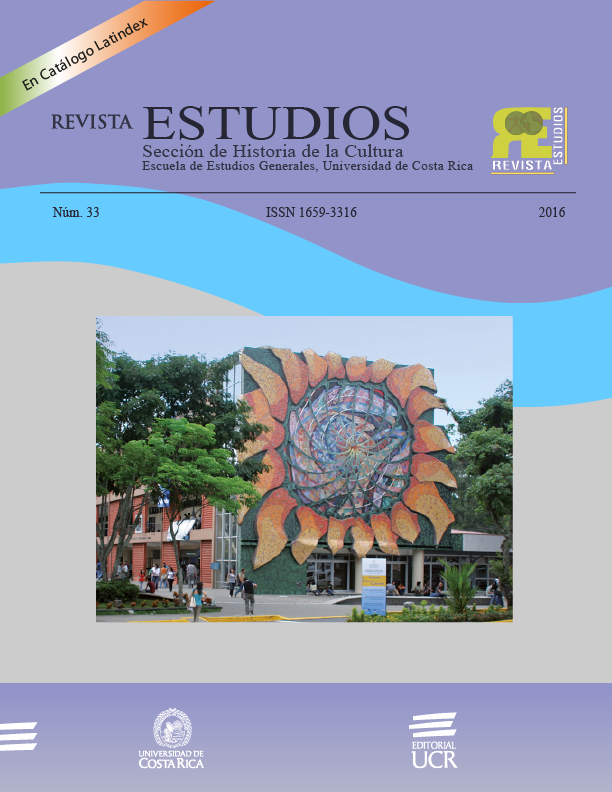Abstract
Harmony is one of the most important concepts of the Confucian tradition. Along Confucianism, harmony represented most of the time the ultimate ideal that man needs to pursue. Confucians employed the concept and paradigm of harmony in several fields from politics to ethical, aesthetics and so on. Hence it can be said that harmony is one of the most comprehensive concept within the Confucian tradition, and without a proper understanding of it, it is not possible to entirely grasp the essence of Confucianism. This essay aims to analyze and define the concept and the paradigm of harmony within the Confucian tradition. First, I will deal directly with the term, showing the roots and the development of the concept from pre-imperial China to Han dynasty. Second, I will define the general paradigm of harmony: harmony depicts the ongoing triadic process of polarity interaction that implies dynamicity, creativity and comprehensiveness as necessary elements.
References
Ames, Roger T., Hall David L. (1987). Thinking through Confucius. Albany: State University of New York Press.
Ames, Roger T., Hall David L. (2001). Focusing the Familiar: A Translation and Philosophical Interpretation of the Zhongyong. Honolulu: University of Hawaii Press.
Brindley, Erica F. (2012). Music, Cosmology, and the Politics of Harmony in Early China. Albany: Suny Press.
Chan, Alan K. L. (2011). Harmony as a Contested Metaphor and Conceptions of Rightness (Yi) in Early Confucian Ethics. In King, R. A. H. and Shilling D. (eds.) How Should One Live? Berlin and Boston: de Gruyter.
Cheng, Chung-ying (June 2002). On the Metaphysical Significance of Ti (Body‐Embodiment) in Chinese Philosophy: Benti (Origin‐Substance) and Ti‐Yong,Journal of Chinese Philosophy 29:2.
Cheng, Chung-ying (November 2009). On Harmony as Transformation:
Paradigms from the Yijing. Journal of Chinese Philosophy 36.
Cook, Scott. (December 2002). The Lüshi chunqiu and the Resolution of
Philosophical Dissonance. Harvard Journal of Asiatic Studies, 62:2.
Dawson, Ronald (2008). Confucius. The Analects. Oxford: Oxford University Press.
DeWoskin, Kenneth. J. (1982) A Song for One or Two. Music and the Concept of Art in Early China. Michigan: Ann Arbor Center for Chinese Studies.
Henderson, John B. (1984). The Development and Decline of Chinese
Cosmology. New York: Columbia University Press.
Higgins, Kathleen M. (2011). The Music of Our Lives. Lanham, MD, Lexington Books.
Ivanhoe Philip J. (1998). Early Confucianism and Environmental Ethics. In
Tucker and Berthrong (eds.) Confucianism and Ecology: the Interrelation of Heaven, Earth, and Humans. Cambridge, MA: Harvard University Center for the Study of World Religions Publications.
Kim, Jung-yeup. (2008). Zhang Zai's Philosophy of Qi: A Practical Understanding. [Theses], University of Hawaii, Honolulu, United States.
Knoblock, John. (1994). Xunzi: A Translation And Study of the Complete Works. Stanford, CA: Stanford University Press.
Legge, James. (1861). The Ch’un Ts’ew with the Tso Chua, London: Trubner.
Legge, James. (1990). The Sacred Books of China Part IV – The Li-Ki. New Delhi: Atlantic Pubblisher & Distributors.
Lau, Dim C. (2004). Mencius. New York: Penguin Books.
Li, Chen-yang (2014). The Confucian Philosophy of Harmony. London and New York: Routledge.
Li, Ze-hou (2010). The Chinese Aesthetic Tradition. Trans.by Samei, Maija B. Honolulu: University of Hawaii Press.
Liu, Jee-loo (May 2012). Moral Reason, Moral Sentiments and the Realization of Altruism: A Motivational Theory of Altruism. Asian Philosophy: An International Journal of the Philosophical Traditions of the East, 22:2.
Puett, Michael J. (2002). To Become a God: Cosmology, Sacrifice, and SelfDivinization in Early China. Cambridge, MA: Harvard University Press.
Qian Mu 钱穆. (2000). Hushang xiansi lu 湖上闲思录. Sanlian shudian 三联书店.
Wang, Robin R. (2012). Yinyang: The Way of Heaven and Earth in Chinese Thought and Culture. Cambridge, Eng.: Cambridge University Press.
Wilhelm, Richard, Baynes Cary F. (2003). The I Ching. Princeton: Princeton University Press.
Ziporyn, Brook. (2012). Ironies of Oneness and Difference: Coherence in Early Chinese Thought; Prolegomena to the Study of Li. Albany: Suny Press.
